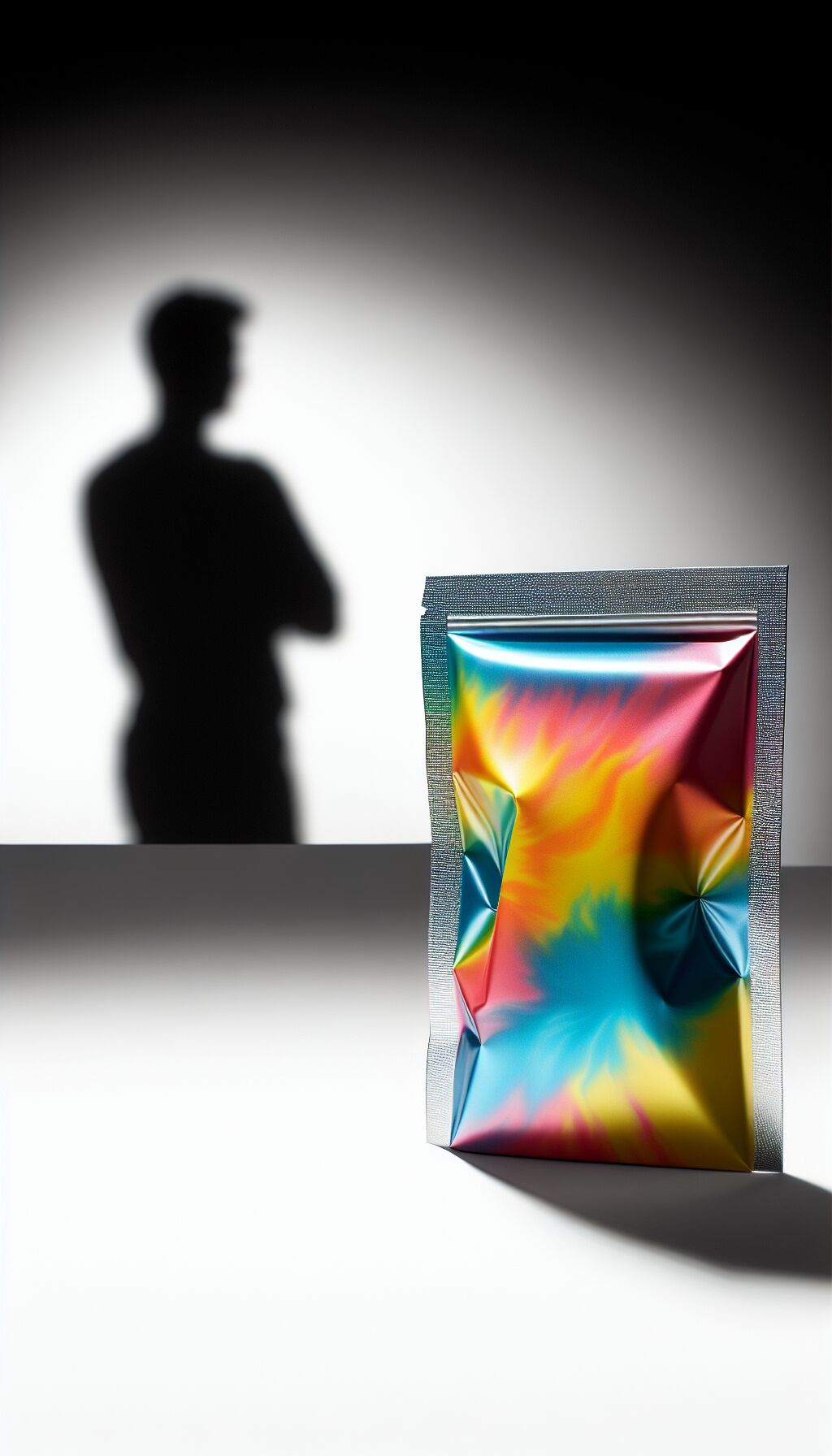New York Lawmaker Pushes for Ban on Flavored Nicotine Pouches
A New York state senator is spearheading a legislative initiative that seeks to prohibit the sale of flavored nicotine pouches, a move that comes despite recent endorsements from the U.S. Food and Drug Administration (FDA). Senator Brad Hoylman-Sigal, a Democrat, expressed concern over the growing appeal of such products among youth, highlighting their potential to foster nicotine addiction in younger populations.
The Controversial Appeal of Flavored Nicotine Pouches
Flavored nicotine pouches have garnered significant attention as alternatives to conventional cigarettes. Unlike traditional tobacco products, these pouches do not contain tobacco leaf; they instead incorporate nicotine derived from tobacco or produced synthetically. Hoylman-Sigal’s legislation aims to align with New York’s liberal values by prohibiting enticing flavors associated with nicotine products, including these pouches.
“This product is distinguishable from other smokeless tobacco products because they do not contain tobacco leaf, rather they contain nicotine derived from tobacco or synthetic nicotine,” remarked Hoylman-Sigal in a memo accompanying his bill. “Regardless, nicotine in any form and in any product is a highly addictive substance,” he added.
Legislative Support and Concerns
Assemblywoman Linda Rosenthal, a fellow Democrat, is also taking steps to introduce a companion bill in the lower chamber of the state legislature. Rosenthal’s previous attempts to address the issue date back to 2020, reflecting a growing awareness of nicotine pouches’ risks.
The FDA has recently approved several flavors of Zyn, a leading brand of nicotine pouches produced by Philip Morris International. This approval included popular flavors such as cinnamon, coffee, mint, menthol, and peppermint. Notably, this marked the first time the agency sanctioned the sale of nicotine pouches.
Health Implications of Nicotine Pouches
Nicotine pouches are designed to dissolve in the mouth, allowing users to obtain nicotine without combustion. The FDA asserts that Zyn lacks the harmful substances typically found in cigarettes and traditional chewing tobacco, which are linked to various diseases, including cancer. Recent data indicates a significant number of adult smokers have switched from cigarettes and smokeless tobacco to Zyn, a fact that Hoylman-Sigal is cautious of, particularly concerning its attractiveness to younger demographics.
“Our bill is targeted at the flavored products most likely to be used by young people,” Hoylman-Sigal conveyed, emphasizing the importance of addressing the youthful demographic’s interest in flavored products. “With our bill, we’re trying to stop young people from getting hooked on favored Zyn products.”
Statistics on Youth Usage
Interestingly, federal data suggests that fewer than 2% of high school and middle school students in the U.S. currently use nicotine pouches. Additionally, the FDA has instituted regulations aimed at preventing companies from targeting young consumers in their marketing strategies. Nevertheless, lawmakers remain vigilant about the potential consequences of the growing popularity of flavored nicotine products.
Current Regulation Landscape
New York has already enacted a ban on flavored e-cigarettes, although critics point to inadequate enforcement of this law. “It’s very similar to the issue involving flavored vapes,” remarked Hoylman-Sigal, suggesting that challenges in regulation may arise as lawmakers seek to impose additional restrictions.
The Industry’s Response
Brian Erkilla, director of regulatory science at Philip Morris International, challenged the rationale behind a ban on nicotine pouches like Zyn. He warned of the “unintended consequences” that could jeopardize the health of 1.6 million tobacco smokers who might otherwise rely on these products as alternatives to traditional cigarettes.
“The most harmful product is the combustible smoking cigarette. We should let smokers know there are other options out there. We shouldn’t take away their choice,” Erkilla argued, emphasizing the importance of providing consumers with safer alternatives.
The Broader Context of Tobacco Regulation
The conversation around tobacco products is evolving, particularly as smoking rates continue to decline. Lawmakers and public health experts are keenly aware of the need for balanced regulations that protect public health while acknowledging the realities faced by individuals trying to transition away from more harmful traditional tobacco products.
Conclusion: The Future of Nicotine Regulation in New York
The ongoing debate around flavored nicotine pouches underscores the complexities involved in tobacco regulation. As New York lawmakers pursue legislation aimed at curbing nicotine addiction among youth, they must tackle the dual challenge of reducing access to enticing products while ensuring adults have viable alternatives to smoking. With the FDA’s support and the tobacco industry’s counterarguments, the discourse around flavored nicotine pouches is set to continue, raising critical questions about public health and individual choice.
